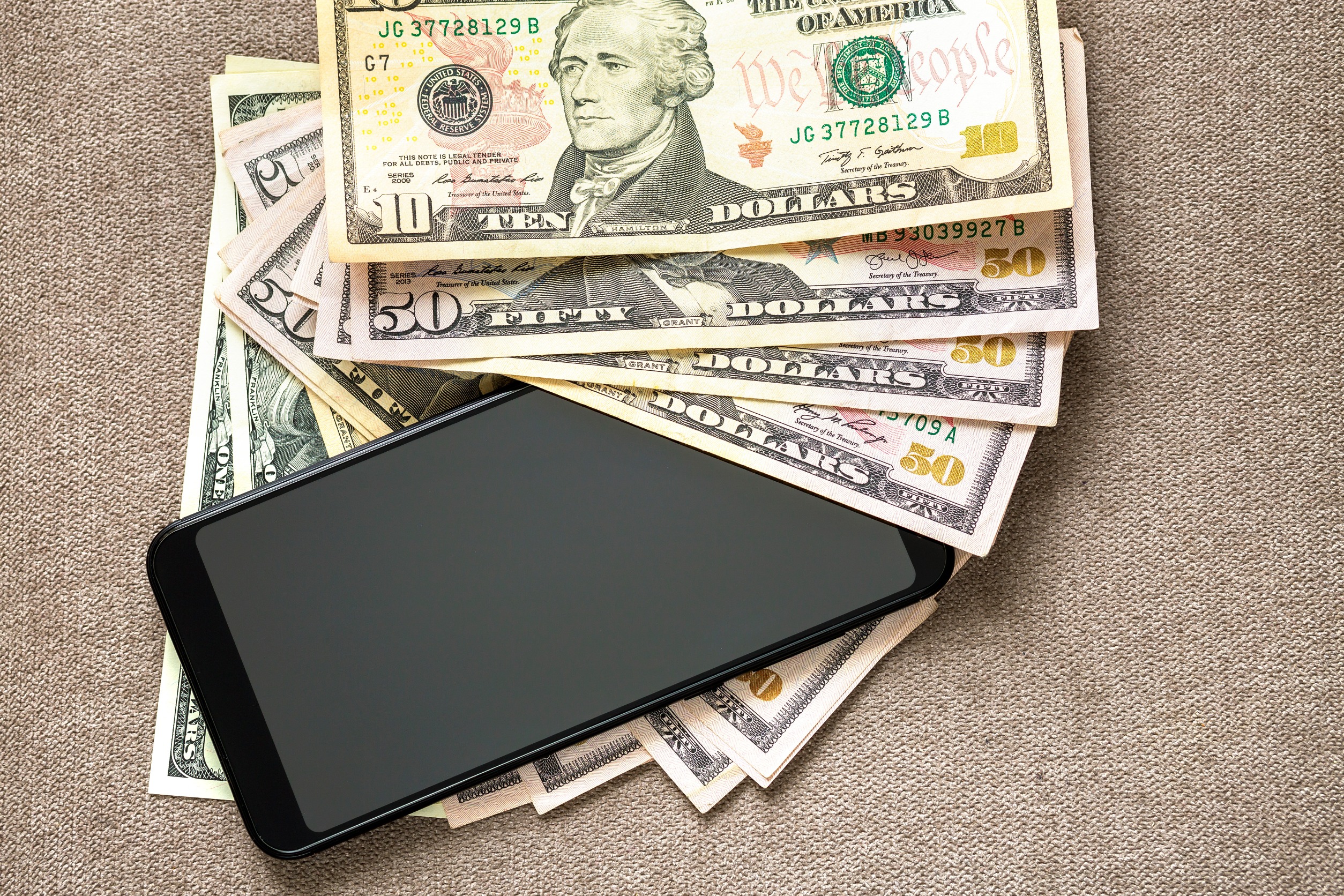The 5G revolution has sparked a race among communication service providers (CSPs) to maximize return on their significant investments.
To date, the focus has largely been on developing new 5G services and adapting their underlying business support systems (BSS) to support these offerings. However, the key to winning big may lie in a different direction: fair and efficient pricing.
Value-based pricing – a new frontier
CSPs are grappling with identifying which 5G services customers value and are willing to pay for. Consider online gaming: CSPs have created 5G gaming packages — offering consumers 5G connectivity, for example, bundled with a gaming service, often charged on a flat fee basis. This approach, however, overlooks the value these services bring to the customer and strains finite network resources that may then compromise service quality.
In fact, the move to unlimited data plans, according to a recent report by Analysys Mason, has actually led to a lower net promoter score (NPS) and lower overall customer satisfaction, as customers are happiest when they are paying for a service they use, or in other words, see the value in the services they are paying for.
Focusing on the value that 5G brings to the customer through new 5G network integrations provides a better way for the CSP to price their services.
Instead of making a customer feel like a part of a transactional relationship, CSPs should think of their customers as exclusive club members, where their exact needs are met with precise service and care.
Some CSPs have been discussing this for a while, such as Verizon, which talks about the eight currencies of 5G and the value each brings to their customers. A shift towards value-based pricing, where charges are, for example, based on quality of service (QoS), can enhance the user experience whilst also optimizing resource use.
By creating tailored solutions for customers, many CSPs have not only increased their value but also enhanced their brand positioning for their customers.
Efficiency – the missing link
Monetizing 5G services in the long term isn’t just about innovative charging models; it’s also about efficiency and fair pricing.
Take this consumer use case, for example. Someone who livestreams content from remote locations may be more interested in a high-speed plan than the average executive that from time to time takes video calls while on the go. As such, each customer may be willing to pay different amounts to achieve their preferred kind of performance.
As mentioned above, network resources are finite, so being able to optimally manage the network is critical to consistently and reliably provide the high levels of connectivity that their customers expect.
Fair pricing: a win-win strategy
A key function of the BSS, the charging system ultimately enables CSPs to not only effectively monitor customers but also to charge them according to pre-defined parameters — but how can they do this efficiently?
Fair pricing is a promising strategy to achieve efficiency. By monitoring network resources and comparing the actual usage with forecasted usage, CSPs can optimize network capacity and price their services fairly.
To achieve this, CSPs set usage limits for their services. If the usage stays within these limits, resources are used optimally, and the price remains the same. However, the price changes if the usage is higher or lower than expected.
For high usage, a pre-set price is charged (as agreed with the customer beforehand). But for low usage, currently the same price is often charged, wasting scarce resources and overcharging customers. A better approach for cases of low usage is to shut down or reallocate those idle resources and lower the price for the customer. This way, resources are used efficiently, and customers are charged fairly.
Playing fair to win big
To some, this approach may seem counter-intuitive to the traditional way of viewing customer revenue as immediate or short-term. However, not only does this allow CSPs to manage their network capacity more efficiently in terms of usage and cost, but it also allows them to price and charge their customers fairly.
This focus on creating an exceptional experience builds trust and customer loyalty, supporting long-term customer value and revenue growth. The concept of pricing fairly is a strategy that is used in many industries, and as a recent report by BCG stated, “Charging fair prices, not maximum prices, optimizes profits over time.” So perhaps in the 5G monetization game, playing fair could be the key to winning big.

